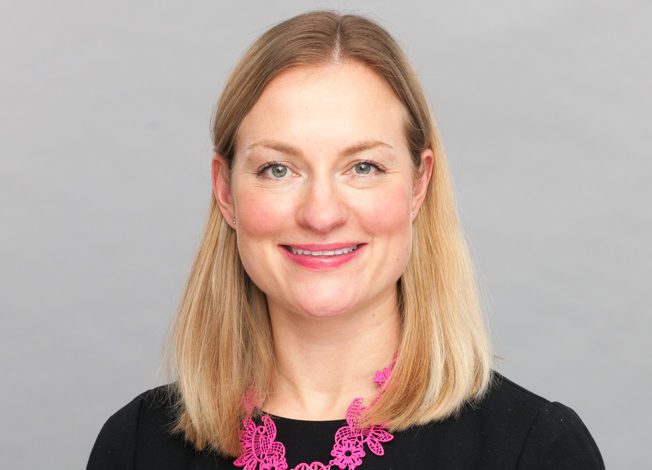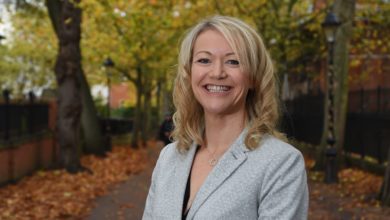Why law firms should address equality, diversity and inclusion
Recently, Blake Morgan appointed its first equality, diversity and inclusion (EDI) specialist. Legal Brief sits down with Victoria Hand to discuss what she hopes to accomplish in the newly created role, how she will implement EDI across Blake Morgan’s policies, and why it is important for firms to invest in EDI.

What attracted you to the role of an EDI specialist?
I believe there should be no barriers for people to access, develop and succeed in the roles they wish to pursue, there should be a level playing field for all. This work is not easy and it is evolving quickly. I want to play a part in developing an environment where everyone can speak, listen, be heard and participate in the EDI agenda, so that real progress and cultural change will happen.
What do you hope to accomplish in your new role?
I would like all colleagues at Blake Morgan to have a stake in EDI. It’s on everyone to upskill and understand each other. A diverse mix of voices leads to better discussions, decisions and outcomes for everyone, and ultimately means we will succeed as a firm of the future.
My aim is to continue to integrate EDI across the firm and its policies, as well as project manage the existing programmes. I’d like to use data and campaigns to place inclusion at the heart – this means digging deeper on how processes have been put in place, what data is available, and challenging one another to take insight-led decisions.
Through education, I’d like to grow the team’s cultural confidence by providing the tools and the language they need to understand different cultures and ways of working that will ultimately deliver a bottom line benefit.
How will you implement EDI across Blake Morgan’s policies?
I will work with the firm’s HR leadership team and EDI Committee to drive forward the firm’s EDI strategy, which is focused on attracting, retaining and developing key talent. It’s also important to involve the wider team to help ensure our work will have a positive impact. We will work together to ensure our strategy and vision is met and that we are reviewing and evolving on a regular basis, so we can continue to make EDI approachable and actionable.
How has your employment history prepared you for the role of an EDI specialist?
I have extensive HR and development experience, having worked for international and national law firms for over 20 years, supporting career development, personal resilience, and health and wellbeing. I am a qualified trainer with the Chartered Institute of Personnel and Development, certified by Mental Health First Aid England as a mental health first aider and accredited by the British Psychological Society in the use of psychometric tools. Core to my work has been helping people fulfil their ambitions and potential – identifying drivers and challenges, and removing barriers to development.
Why did Blake Morgan create this new role?
We wanted to recognise and demonstrate the importance of EDI to us as a firm. We therefore needed a dedicated resource and someone who could have a general overview. Previously it was something our HR and development director was responsible for, alongside her other duties. We have lots of activities taking place in each of our work streams and this needed more coordination.
Why is it important for law firms to invest in EDI?
The legal profession has a long way to go to prove it is a truly diverse sector, but leaps are being made. Inclusion is heavily influenced by organisational culture, and leaders need to truly listen to those with lived experience and find ways to elevate those voices.
It’s important that clients of law firms see lawyers like them, who understand their realities and appreciate their experiences, views and background, access to justice and fairness. This means ensuring their voices are heard and play a part in any changes firms seek to make. It’s critical that any organisation reflects the community it operates in.
What advice would you give to firms to improve their EDI?
People lack confidence in what they can and can’t say in the workplace, and fear the consequences of getting it wrong. Therefore, some employees deploy a number of techniques to avoid conversations around EDI.
In order to be truly inclusive, firms must commit to creating environments of sustained cultural learning. They must take responsibility for creating an environment for EDI to thrive in the workplace, which means helping employees at all levels become more culturally confident to navigate the evolving EDI landscape.
What is next for Blake Morgan?
Data will play a huge part in our advancement in this area of work. With the introduction of a new HR system, we are hopeful that we are now able to collect and report on our diversity data more accurately. It will aid our understanding of where actions can have the biggest impact, focusing on recruitment, performance, progression, tenure and attrition. Obtaining insights from this analysis will enable us to develop our EDI strategy and initiatives.






